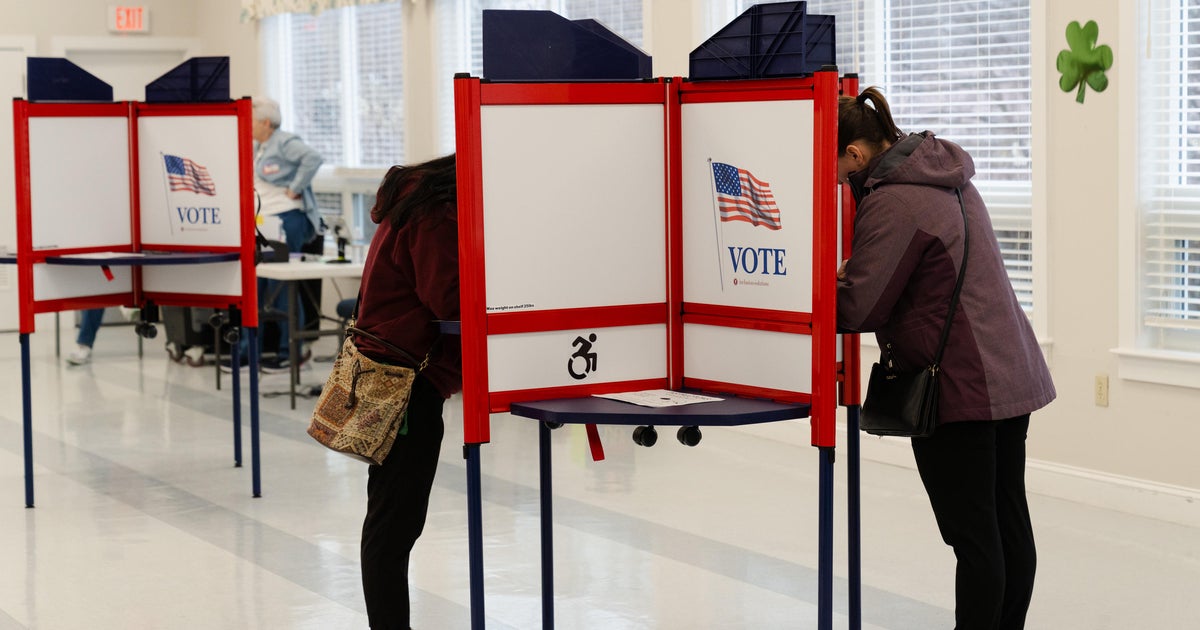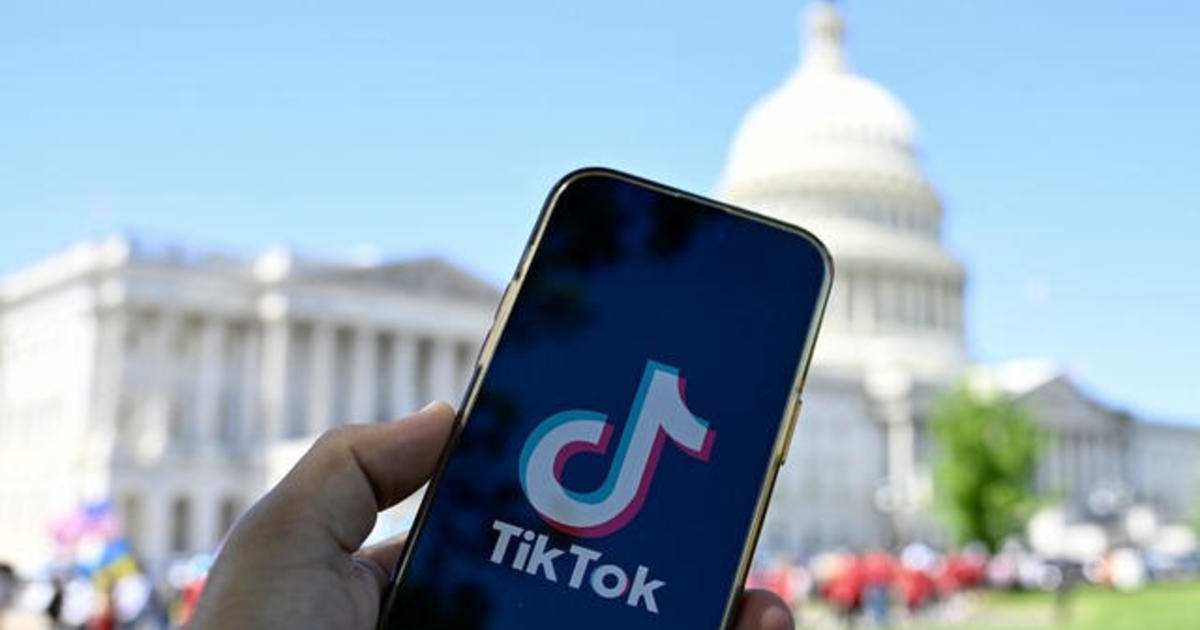Stocks sink on Donald Trump's China trade tariffs threat
- President Trump's surprising decision to renew his expanded tariff threats is raising anxiety among investors.
- The Dow fell more than 350 points, about 1.3 percent, shortly after the start of trade Monday.
- While the threats could be just another negotiating ploy, they also suggest talks are getting stuck.
Stocks tumbled around the world Monday after President Donald Trump threatened over the weekend to raise tariffs on $200 billion worth of Chinese goods. The development comes amid ongoing trade talks between the U.S. and China. Goldman Sachs noted that Mr. Trump's threat suggests the U.S. has reached a "sticking point" in negotiations.
The Dow fell as much as 471 points in early trading Monday before paring losses to close down 66 points, or 0.2 percent, on the day. The S&P 500 and Nasdaq both fell less than 0.5 percent.
Seeking safety in bonds and other trade havens
Investors fled to safer holdings. Bond prices rose sharply, sending yields lower, and safe-play stocks like utilities, real estate companies and makers of consumer products held up much better than the rest of the market.
Chinese indexes plunged. The Shanghai Composite index closed 5.6% lower and Hong Kong's Hang Seng index sank 2.9%. European indexes fell broadly. Shares of Chinese companies that trade in the U.S. also fell: J.D.com slid 5.7% while internet search company Baidu dropped 2.1%.
Investors have been digesting mixed reports about the negotiations for months and have largely discounted concerns about a failure in negotiations. The broader market has been posting gains all year on encouraging economic growth and solid corporate earnings results.
"We see the weekend's developments as a negative catalyst for the market, not only because of where investor expectations have been regarding the deal, but because of the downward earnings revisions that are likely to occur if the tariffs are expanded," said Lori Calvasina, head of U.S. equity strategy at RBC Capital, in a note to clients.
Trump tweet: "We lose 500 billion dollars"
Mr. Trump on Sunday signaled his discontent with what he described as slow progress on trade negotiations with China, writing on Twitter that he planned to boost tariffs on Friday to 25 percent from 10 percent on the Chinese imports. He also said he would impose tariffs on $325 billion worth of products from China, accounting for all of its exports.
While the threat is likely a negotiating ploy -- Mr. Trump may be "emboldened by the strength of the U.S. economy, and firm U.S. equities," said TD Securities analyst Mitul Kotecha in an analyst note -- it startled investors because of earlier reports of progress between the two sides.
"We had thought that a trade deal between the US and China was close to being agreed and markets had become rather sanguine about the issues," Kotecha wrote. "Indeed headlines over recent weeks had been encouraging, with both sides sounding conciliatory, and progress noted even on structural issues."
Mr. Trump, who has called himself "tariff man," complained on Twitter on Monday morning that the U.S. loses "500 Billion Dollars" a year in trade with China. "Sorry, we're not going to be doing that anymore!" he tweeted.
Chinese envoys said they're still preparing to travel to the U.S. for trade talks, a government spokesman said Monday, suggesting negotiations on ending a bruising tariff war will go ahead despite the president's surprise threat to raise import taxes. Beijing is "trying to get more information" following Mr. Trump's announcement he might impose 25 percent tariffs on more Chinese imports, said the Foreign Ministry spokesman Geng Shuang.
Tariff odds: Just a negotiating tactic?
Wall Street analysts said they view the sudden threat to boost tariffs as a negotiating ploy, suggesting that the Trump administration has grown frustrated with the time it's taking to reach a deal. While the threats lower the chances that the talks will conclude successfully, Goldman Sachs analysts Alec Phillips and Blake Taylor wrote in a research note they believe it's still more likely that Mr. Trump won't follow through on his threat.
"We think it is more likely that the increase will be narrowly avoided and believe the odds of tariffs increasing on Friday are 40 percent," they wrote.
Still, the chances of a successful trade deal appear lower today than last week, they added: "This represents a shift from the optimistic statements from U.S. officials over the last few weeks and suggests that the probability of a near-term agreement is at least slightly lower than it seemed to be recently."
--With reporting from The Associated Press.



